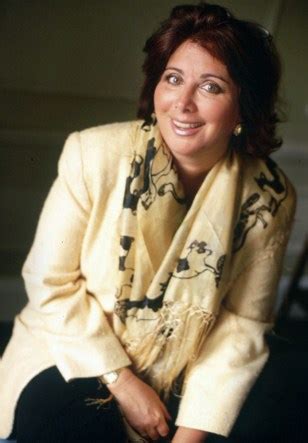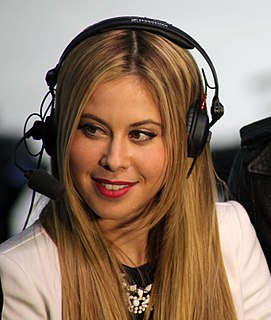A Quote by Leigh Bardugo
Certainly, I had a wonderful push from my publisher and got very lucky. I'm very aware of what it means to have a publisher back you. But your job as a writer, no matter what else is happening, is to continue to produce work-whether you're succeeding or failing.
Related Quotes
No publisher should ever express an opinion on the value of what he publishes. That is a matter entirely for the literary critic to decide. I can quite understand how any ordinary critic would be strongly prejudiced against a work that was accompanied by a premature and unnecessary panegyric from the publisher. A publisher is simply a useful middle-man. It is not for him to anticipate the verdict of criticism.
What is striking is that from almost from the very beginning of certainly by September and October of 1963, as the book was being constructed, that [Alex] Haley was vetting - asking questions to the publisher and to the publisher's attorney regarding many of the things that Malcolm X was saying. He was worried that he would not have a book that would have the kind of sting that he wanted.
In the long run, the quality of your work is all that matters. That is your only resumé. Be professional. Make sure your editor or publisher can always reach you. Do what's asked of you if your conscience can bear it. But know that, five years from now, as fans or prospective employers are looking over your published pages, no one will care that this story sucks because the publisher moved the deadline up or because the editor made you work an android cow into the story. All they will care about is what they see in front of them, and they will hold you responsible for it, no one else.
I sent a lot of publishing ideas to my publisher, about 30 of them. Each time except 3, i got a "rejection letter". This is basically what a rejection letter is like: Hello Pathetic Moron, We read your book. It sucked. Don't send us another one. If you do, we will run over your grandmother with a bus. Don't Do It. From, Your Publisher
As soon as I finished 'The Finkler Question,' I was in despair. I'd changed my English publisher because they'd been lukewarm about it and not offered enough money. The American publisher didn't like it. The Canadian publisher didn't like it... I'd been bleeding readers since my first novel, and I could see my own career going down.
As an athlete, everyone was always like, 'Listen to your body.' Whether it's an injury or whether it's just a nagging ache, that can affect your progress just because you think 'Oh, I'll push through it today' and then you can't work out for two weeks. I've learned that, as a skater, I'm very aware of that.
I'm very pragmatic in that I know there are very few greats in anything. I got lucky just to have gotten two of the real great filmmakers very early on. Better to have had them than to not have had them. I've been really fortunate. That's the key relationship on a movie: the director and the actor. Of course, you can't compare the experiences. When you're in your early 20s, you're a very different person. It was a very exciting time, and my whole world was changing. Now I'm looking back, and hoping I can still offer something. Still do good work.



































